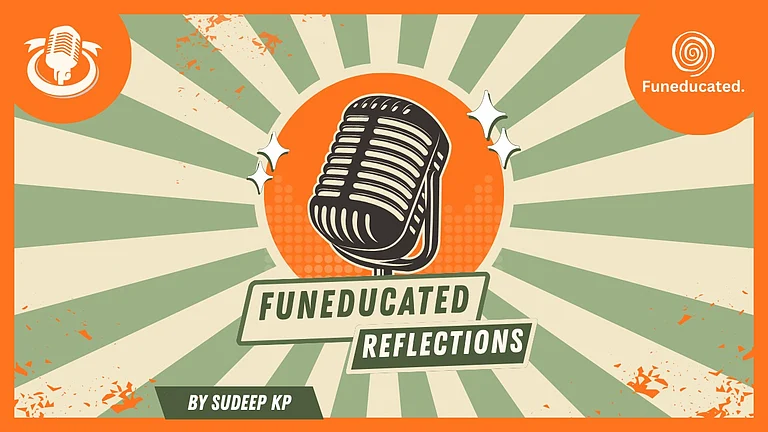The world enters a woman’s body in many ways. It decides what spaces a woman can occupy—the home, the school or college, or even a modern office. But the stage doesn’t. Maybe because as one dancer put it, "on the stage, one feels free."
The world also defines a woman’s body as the site of creation, of fertility and of auspiciousness—provided it is a married body. Being a professional dancer puts all these definitions of what and where a body can and should be into question. As Chandralekha says, "You dance, you work with space...when you work with space you are asking too much. You have to pay a price. You are asking for space which means you are asking for everything; it means freedom, it means inner, outer space; it means space to live; space to question; space to explore." The price for this seems to be respectability, acceptance—too high to pay.
This is a theme one returns to with heartbreaking regularity. Parental—and marital—opposition to dance as a career was stiff. Kalanidhi Narayanan, the greatest living exponent of Bharatanatyam abhinaya, couldn’t dance after she got married. And when she returned to dance after 20 years, it was as a teacher.
By asking difficult questions and forcing the dancers to reflect on their lives, Lakshmi draws incredible insights—on the nature of dance, of body and space, of the strange balancing act involved in being an artiste and being married, on the happy relationship between a professional husband and wife, on creativity, and finally—on sacrifice.


























